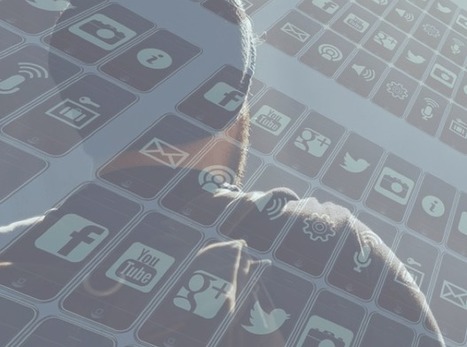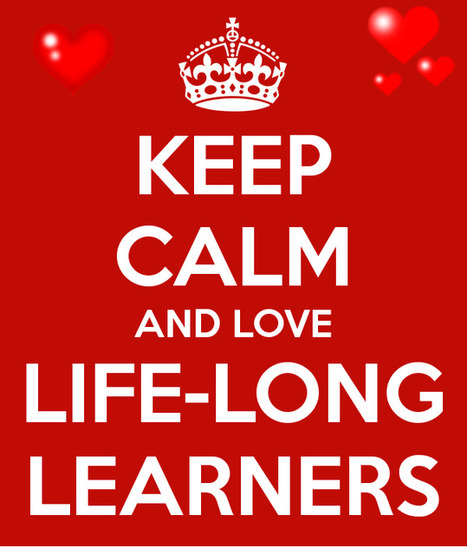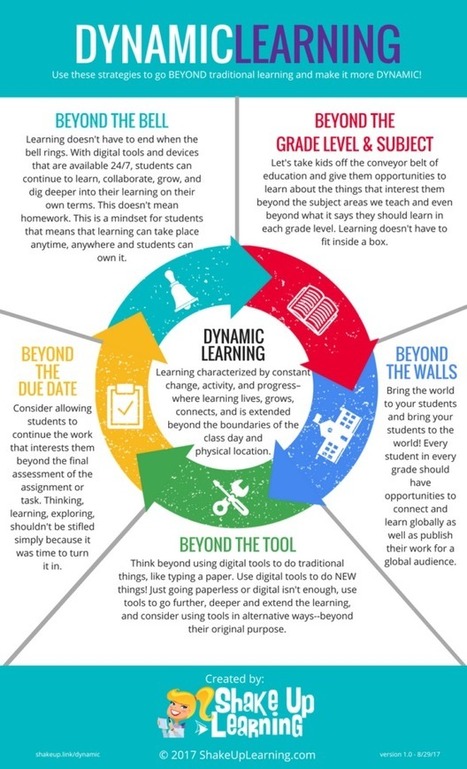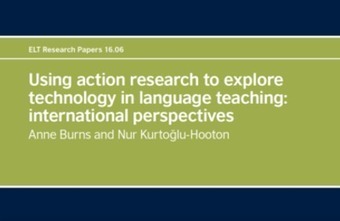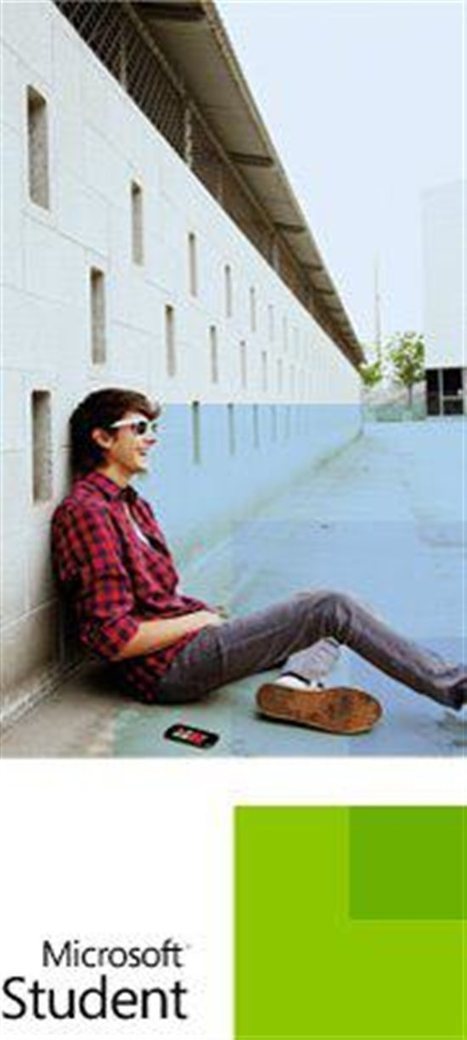The digital journey consists of 15 online modules for teachers who use little ICT in their lessons and 15 modules for already experienced teachers.
Get Started for FREE
Sign up with Facebook Sign up with X
I don't have a Facebook or a X account
 Your new post is loading... Your new post is loading...
 Your new post is loading... Your new post is loading...

Nataliia Viatkina/Наталія Вяткіна's curator insight,
March 26, 2017 4:20 AM
Professional development for teachers themselves, as personalities, adult people, universally, independently from schooling is very interesting idea, humanistic , and useful for school eventually

Prof. Dr. Kai Reinhardt's curator insight,
March 30, 2017 2:42 AM
Hier gibt es eine gute Sammlung an neuen Wissenstransfer-Formaten...
R's curator insight,
April 6, 2017 1:31 PM
Growth and learning beyond schooling - think outside in-service and conferences/professional workshops.

Gust MEES's curator insight,
January 20, 2017 3:26 AM
Lifelong learning is becoming an economic imperative
Technological change demands stronger and more continuous connections between education and employment, says Andrew Palmer. The faint outlines of such a system are now emerging.
Learn more / En savoir plus / Mehr erfahren:
http://www.scoop.it/t/21st-century-learning-and-teaching/?tag=Life-Long-Learning

Gust MEES's curator insight,
June 14, 2016 3:09 PM
Maker education is currently a major trend in education. But just saying that one is doing Maker Education really doesn't define the teaching practices that an educator is using to facilitate it. Maker education takes on many forms. This post provides an overview of how maker education is being implemented based on the teaching practices…
Learn more / En savoir plus / Mehr erfahren:
http://www.scoop.it/t/21st-century-learning-and-teaching/?tag=pedagogy
http://www.scoop.it/t/21st-century-learning-and-teaching/?tag=Heutagogy
http://www.scoop.it/t/21st-century-learning-and-teaching/?tag=andragogy
https://gustmees.wordpress.com/2015/05/13/andragogy-adult-teaching-how-to-teach-ict/
|

Rubiel's curator insight,
September 16, 2017 10:04 PM
The author shares the idea about going beyond the mere fact of being learning only in the classroom. His thoughts on being more autonomous when implementing tools which provide the learners with the opportunity to practice at home leaves a space to consider the way we are making the education happen nowadays. Thereupon, I agree with the consideration about having learners dig deeper into their learning on their own terms with the tecnological devices found in this new era and let them dig deeper on things the are interested in the most. 
David Alzate's curator insight,
September 17, 2017 6:18 PM
This article advices teachers to help their students see learning as an entire life process, and that with all the tools we have available today it does not have to be boring, limited or seen as a burden. Instead, teachers can help them power and further a mindset of proactivity and independence in learning. It means that the children, teenagers or adults in a class can come to understand ,with their teacher’s help, that learning does not always mean to have a board and a teacher in front of a classroom. This article notes that it is of high importance for teachers to constantly be updated in all the new tools that are available for education, and to learn how to use them beyond the common and old way. In this new, connected and more globalized world, learning does not have to stop necessarily when the school day or year ends, it can be at any time, and also interesting and exciting; the deal here is to have teachers and therefore students thinking out of the box, and seeing education notas a burden or a must, but an enjoyable process insofar as this mindset is well provided and spread.

Nataliia Viatkina/Наталія Вяткіна's curator insight,
March 26, 2017 4:20 AM
Professional development for teachers themselves, as personalities, adult people, universally, independently from schooling is very interesting idea, humanistic , and useful for school eventually

Prof. Dr. Kai Reinhardt's curator insight,
March 30, 2017 2:42 AM
Hier gibt es eine gute Sammlung an neuen Wissenstransfer-Formaten...
R's curator insight,
April 6, 2017 1:31 PM
Growth and learning beyond schooling - think outside in-service and conferences/professional workshops.

Viljenka Savli (http://www2.arnes.si/~sopvsavl/)'s curator insight,
December 29, 2015 3:21 AM
It would be nice if every and each teacher added one own thought to the list. I add: ...to pass my enthusiasm to them in a pleasant and inspiring way and to understand and respect their own one... 
Inma Contreras's curator insight,
January 5, 2016 9:16 PM
What teaching means... all,nearly all in a real teacher's life. |






